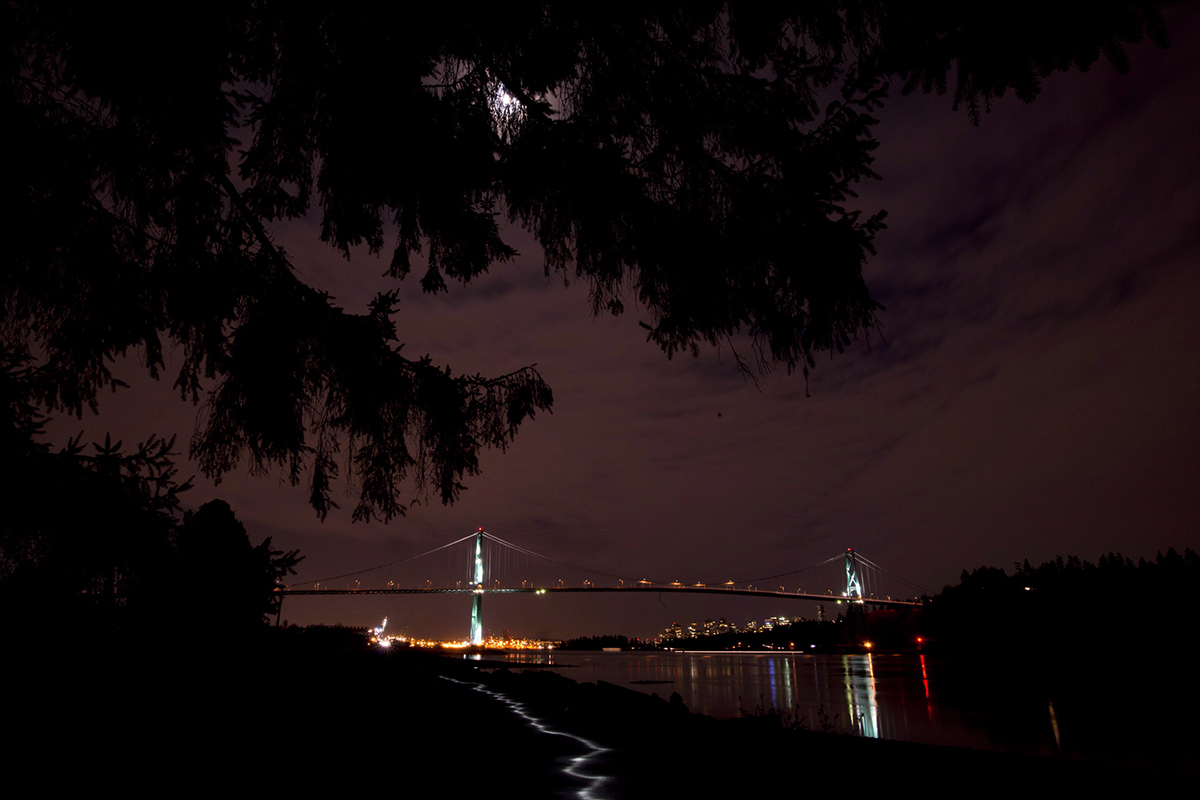Conservationists are questioning a BC Hydro report that suggests Earth Hour participation is on the decline in the province, despite widespread interest.

The report published Friday found the energy saved across the province during the hour-long event was just 0.3 per cent — down 15 per cent from savings in 2008.
But the report also surveyed British Columbians about whether they intend to switch off, and found 70 per cent of respondents said they plan to take part in this year’s Earth Hour, which asks homeowners to turn off their lights for just 60 minutes every year.
BC Hydro says their numbers suggest many of those people won’t follow through with the pledge to go dark between 8:30 and 9:30 p.m. this Saturday, likely because they simply aren’t seeing the savings where it matters to them most: their bills.
“When it comes to conservation, it’s money that really drives people to conserve,” BC Hydro spokesperson Mora Scott said about the report’s findings. “That’s not to say British Columbians don’t care about the environment, but… it is their pocket book that makes them motivated.”
The report suggests nearly 70 per cent of people surveyed shared this view, with only 15 per cent saying the environment was their primary motivation for reducing electricity use.
- L.A., Belfast… Rainbow Lake? Why a remote Alberta town joined cities in Plant-Based Treaty
- What to do about Olympic Stadium’s beleaguered old roof? Ideas are wanted
- SFU researchers say ant pheromones could help prevent tick bites
- B.C. orca rescue near Zeballos planning to take a ‘few days’, officials say
Skepticism over report
But the people behind Earth Hour said the report doesn’t reflect the stated aims behind the event, and have problems with conflating a symbolic gesture with energy savings.
“Energy consumption is a poor measurement for what Earth Hour is trying to achieve,” World Wildlife Fund Canada spokesperson Philippe Devos told Global News.
The World Wildlife Fund, or the World Wide Fund for Nature (WWF) as it’s now known internationally, developed Earth Hour in 2006, with the first worldwide event taking place the following year. BC Hydro began its association with the event in 2008.
Devos said the fact that energy savings are down doesn’t necessarily mean that less people in B.C. are taking part.
“Earth Hour is about turning off our lights together for one hour, symbolically, to show that we care about the planet,” Devos later said in an email. “Reducing our energy use is an important step toward a better planet, but it’s never been the goal of the 60-minute Earth Hour.”
The BC Hydro report also includes a number of energy-saving tips that will save customers money, but the WWF pointed out that none of those tips have to do with lighting.
Devos said while reliance on harmful energy is an important cause, the people behind Earth Hour are more focused on using the event to instead draw attention to the world’s depleting wildlife population. The WWF estimates that by 2020, the earth will have lost 67 per cent of the wildlife that was here in 1970.
Although it still encourages people to take part, BC Hydro also suggested Earth Hour is not as effective in B.C. as in other parts of Canada, due to the province’s power grid largely relying on hydroelectric sources. The utility says that makes electricity generation less impactful on the environment, with only one per cent of greenhouse gas emissions in B.C. coming from electricity.
Scott added that enough power has been saved across the past 10 Earth Hours to power about 92 million LED lightbulbs.




Comments